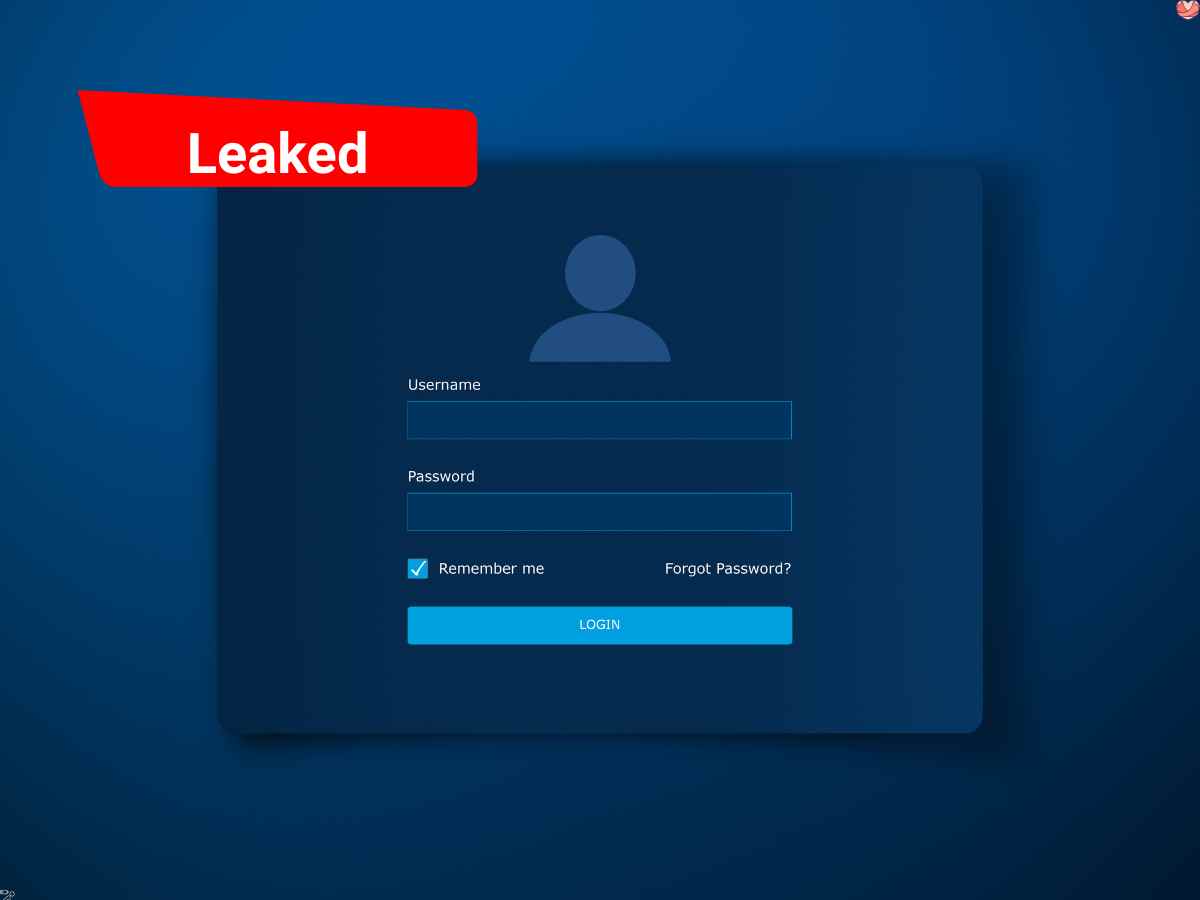Cybersecurity specialists have reported that over 16 billion usernames and passwords have been compromised, raising widespread concerns about the security of global online accounts. Researchers have attributed the breach to 30 uncovered datasets, each containing records ranging from tens of millions to more than 3.5 billion.
The leaked information is said to grant access to a wide array of digital services, including Apple, Google, Facebook, GitHub, Telegram, and several government platforms. The records, discovered throughout the first half of 2025, are not remnants of past leaks but rather fresh, structured data linked to recent infostealer malware activity.
According to reports, the datasets include login credentials formatted with URLs followed by usernames and passwords—a signature trait of modern malware-based theft. The data includes sensitive information tied to social media, VPNs, corporate systems, and developer tools. The breach follows the earlier discovery of an unprotected database containing 184 million records, which analysts now believe represented only a fraction of the total exposure.
Security experts have described the breach as more than a mere leak, calling it a “roadmap for mass exploitation.” The researchers emphasize that the data’s recent origin and comprehensiveness make it particularly dangerous, with potential use in phishing campaigns, account hijacking, and business email compromise schemes.
Darren Guccione, CEO and co-founder of Keeper Security, noted that the far-reaching implications of leaked credentials are linked to the major internet services. He warned that this kind of data leak could open the doors to a flood of break-in attempts and online scams, and that means people could end up paying the price.
In response to the growing threat, Google has advised users to move away from passwords and traditional two-factor authentication. The company is urging users to adopt passkeys—a login mechanism that uses biometric verification methods such as fingerprint, facial recognition, or device-based unlock patterns. According to Google, passkeys offer phishing-resistant protection and a more secure user experience.
Law enforcement agencies have also raised concerns. The FBI has advised the public to be cautious of suspicious links, especially those received through SMS messages, as threat actors are increasingly using stolen credentials for targeted attacks. With billions of login records now in circulation on the dark web, experts warn that identity theft and fraud risks are escalating rapidly.
Cybersecurity expert Vilius Petkauskas from Cybernews shared that the leaked data probably comes from a mix of credential stuffing lists, logs from infostealer malware, and old breach collections being reused. These types of malware usually sneak into infected devices, grab login details, and either send them straight to hackers or leave them sitting unprotected on open servers.
Individuals concerned about their exposure are urged to take immediate steps: reset all passwords, enable multi-factor authentication, use password management tools, and consider dark web monitoring for breach alerts. Where supported, switching to passkeys is also strongly recommended as a proactive defense against future threats.






